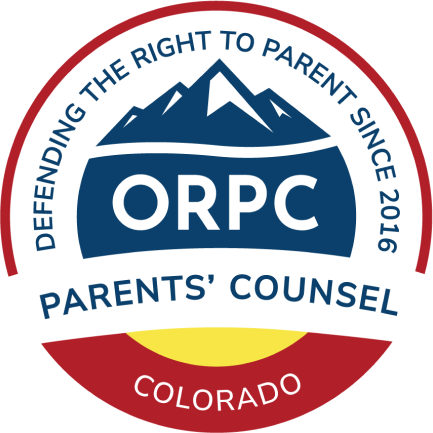When Foster Parents Don’t Want to Give Back the Baby
By Eli Hager / October 16, 2023
This article is a collaboration between The New Yorker and ProPublica.
In many states, adoption lawyers are pushing a new legal strategy that forces biological parents to compete for custody of their children.
Alicia Johansen spent her childhood moving with her drug-addicted mom from one place to the next, trying to brace herself for the moment when the water and the electricity would get cut off. So at twenty-two, when she had a chance to run Dolittle’s pool hall, in the ranching town of Akron, Colorado, she was intent on making some money. She kept the bar open deep into the night, after the older guys who bet on horse races departed, and the truckers and the younger crowd, with the meth, drifted in. Meth, she soon discovered, helped her work longer hours.
An occasional customer was Fred Thornton, a former high-school baseball star in his early thirties. Fred was sometimes a roofer and at other times unemployed and homeless. They began dating casually and using together, and he told her of his own complicated childhood: placed in foster care as a toddler, after allegations of neglect, and later adopted.
Alicia’s period was irregular because of the meth, which also dimmed her self-awareness. She was six months along before she realized that she was pregnant; a month after that, she woke up in pain. She had preeclampsia, which caused dangerously high blood pressure, and needed an immediate C-section. She was airlifted to a hospital in Denver, a hundred miles away. Her and Fred’s son, Carter James Thornton, was born on August 6, 2019—two and a half months premature, two and a half pounds in weight, and, according to his lab work, exposed to meth and to THC.
That first week at the hospital, Alicia hovered over Carter, who was curled beneath a web of tubes and wires, before going home to get baby things. The third week, she and Fred visited their son and held him skin-to-skin. The fourth week, back in Akron, they faltered: they had no gas money for a return to the big city; they were bickering; they were high. On the fifth week, when Carter was stable enough to leave the neonatal intensive-care unit, Alicia returned, but foster parents from Akron were the ones who took him home.


